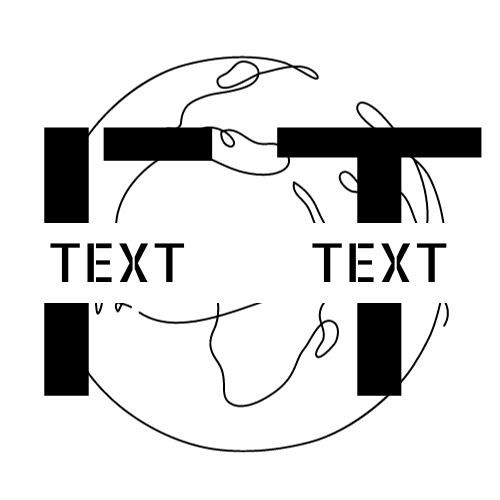Two integral processes within procurement are sourcing and procurement. Although sometimes used interchangeably, they point towards different aspects. This article aims to clarify the differences between sourcing and procurement, and how each process complements the other.
Sourcing
Sourcing refers to the process of finding the right suppliers. This stage includes market research, supplier evaluation, and contract negotiation.
Market Research:
Companies conduct market research to identify potential suppliers and understand market trends and pricing.
Supplier Evaluation:
Companies evaluate the capabilities, reliability, and cost-effectiveness of suppliers to select the most suitable one.
Contract Negotiation:
Negotiations are carried out with the chosen supplier to finalize prices, delivery timelines, and other terms.
The goal of sourcing is to ensure the quality, cost-efficiency, and reliability of products or services.
Procurement
On the other hand, procurement refers to the process of purchasing and receiving the required products or services. This includes placing orders, invoice processing, and delivery.
Placing Orders:
Companies place orders for the required products or services with the supplier.
Invoice Processing:
The invoices for received products or services are processed, and payments are prepared.
Delivery:
Receiving and verifying the products or services, and providing feedback to the supplier if necessary.
The aim of procurement is to fulfill organizational needs, purchase at the right price, and adhere to deadlines.
Conclusion
Sourcing and procurement function in a complementary manner, playing vital roles in effective supply chain management. While sourcing focuses mainly on supplier selection and contract negotiation, procurement focuses on the actual purchase and supply management. Understanding and properly executing each process allows companies to reduce costs, improve efficiency, and enhance competitiveness.


